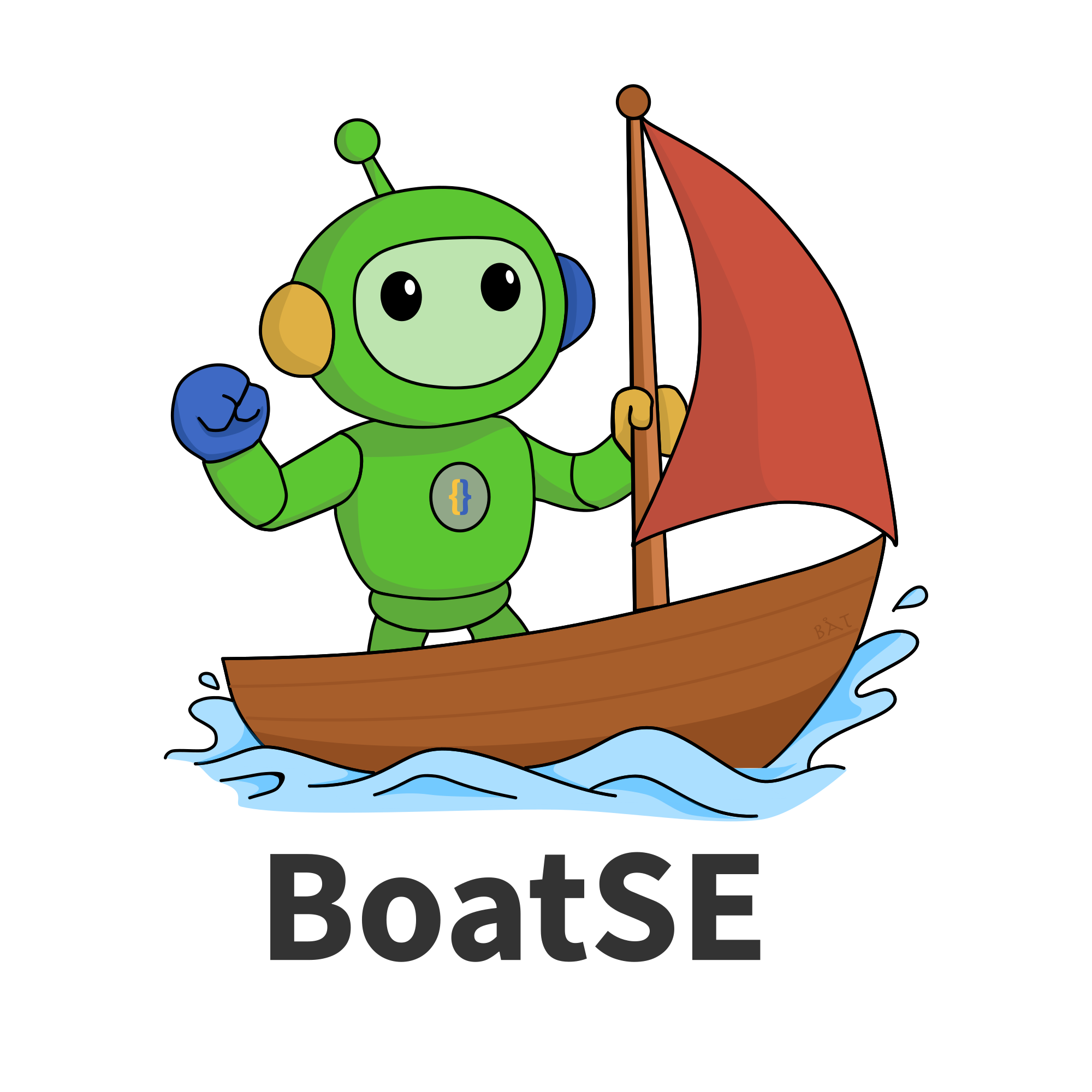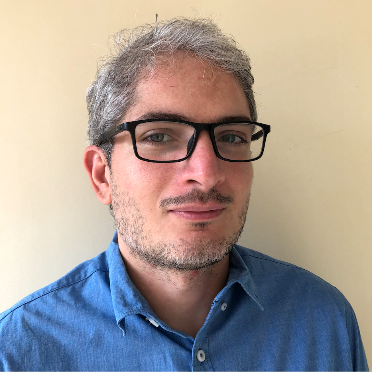


About the speaker: Dr. Chris Brown is an Assistant Professor in the Department
of Computer Science at Virginia Tech. His research combines empirical methods, human-centered
studies, interdisciplinary concepts, and automated tools to equip developers with evidence-based
tools and practices that improve programming behaviors, boost productivity, and support better
decision-making—ultimately contributing to more effective and trustworthy software
development.
He leads the “Code World, No Blanket” research group at Virginia Tech, and has
published widely in top-tier venues such as ESEC/FSE, MSR, SANER, ICSE, etc. His contributions
on bots, agents, and digital nudges for software engineering have gained broad recognition,
including a Google Research Award and multiple Commonwealth Cyber Initiative
(CCI) grants supporting projects on privacy, developer support, and software
engineering interventions.

About the speaker: Dr. Gustavo Pinto is an assistant professor at the Federal
University of Pará, Brazil and Senior Staff at Zup Innovation, a Brazilian tech company.
He holds a PhD in Software Engineering from the Informatics Center at the Federal University of
Pernambuco, Brazil. He has very broad interests in Software Engineering, including Open Source
Software (communities and contributors), Human Aspects of Software Engineering, Empirical
Software Engineering, and Mining Software Repositories techniques.
He has published over 100 research papers, some of them in the most important venues in his
field (e.g., ICSE, ASE, CSCW, TSE, CACM, etc). He won several international research and service
awards, including the MSR Ric Holt Early Career Achievement Award in 2022, one ACM
SIGSOFT Distinguished Paper Award in ICSE 2021, and one JSS Paper of the Year
in 2019. He also writes regularly at his ML4SE newsletter.
Bots (short for software robots) are software applications that perform often repetitive or simple tasks. In particular, social and chat bots interacting with humans are a recent research topic. Similarly, bots can be used to automate many tasks that are performed by software practitioners and teams in their day-to-day work. Recent work argue that bots can save developers' time and significantly increase productivity. Therefore, the goal of this one-day workshop is to bring together software engineering researchers and practitioners to discuss the opportunities and challenges of bots in software engineering. We solicit 6-page work in progress papers, position papers, and experience reports. Work in progress papers are expected to describe new research results and make contributions to the body knowledge in the area. Position papers are expected to discuss controversial issues in the field, or describe interesting or thought provoking ideas that are not yet fully developed. Experience reports are expected to describe experiences with (amongst other things) the development, deployment, and maintenance of bot-based systems in the software engineering domain. We have also included 5-page extended abstract publications free of APC charges that will appear as extended abstracts in the proceedings. All submissions will be reviewed by at least three program committee members. Accepted submissions will be invited to give a talk to present their findings. Submissions may address issues along the general themes, including but not limited, to the following topics:
All deadlines are firm at the Anywhere on Earth (AoE):
Submissions should be made via HotCRP by
the submission deadline.
All submissions must be in PDF format and conform, at the time of
submission, to the
official ACM Primary Article Template, which can be obtained from
the
ACM
Proceedings Template
page.
LaTeX users should use the sigconf option and the
review option to
produce line numbers for reviewer reference.
The following LaTeX code should be placed at the start of the
document:
\documentclass[sigconf,review]{acmart}
Submissions must not exceed 6 pages, including all text, figures,
tables, and appendices;
one additional page containing only references is permitted.
By submitting to BoatSE 2026, authors acknowledge awareness and
agreement with the
ACM
Policy and Procedures on
Plagiarism
and the IEEE
Plagiarism FAQ.
Papers must not have been published or be under review elsewhere
during the BoatSE 2026
review process.
Authors should acknowledge that they conform to the authorship
policy of the IEEE,
submission policy of the IEEE, and the authorship policy of the ACM
(and associated FAQ).
This includes following these points related to the use of
Generative AI: